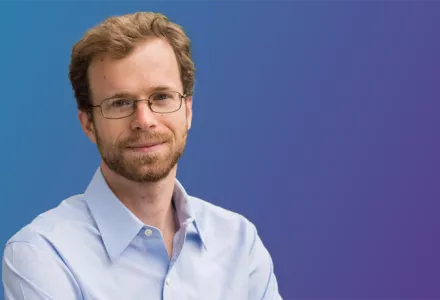Energy Policy Seminar: Michael Davidson on "Decoupling from China in Clean Tech"
Join us for an Energy Policy Seminar featuring Michael Davidson, Assistant Professor in the School of Global Policy and Strategy and the Mechanical and Aerospace Engineering Department at the University of California San Diego. Davidson will give a talk on "Decoupling from China in Clean Tech: Risks and Rewards." Q&A to follow. Buffet-style lunch will be served.
Registration: In-person attendance is limited to current Harvard ID holders. No RSVP is required. Room capacity is limited and seating will be on a first come, first served basis.
Members of the public are welcome to attend virtually via Zoom. Virtual attendees should register using the button below; upon registering, attendees will receive a confirmation email with a Zoom link.
Recording: The seminar will be recorded and available to watch on this page (typically one week later). Those who register for this event will automatically receive a link to the recording as soon as it becomes available.
Accessibility: Persons with disabilities who wish to request accommodations or who have questions about access, please contact Liz Hanlon (ehanlon@hks.harvard.edu) in advance of the session.




